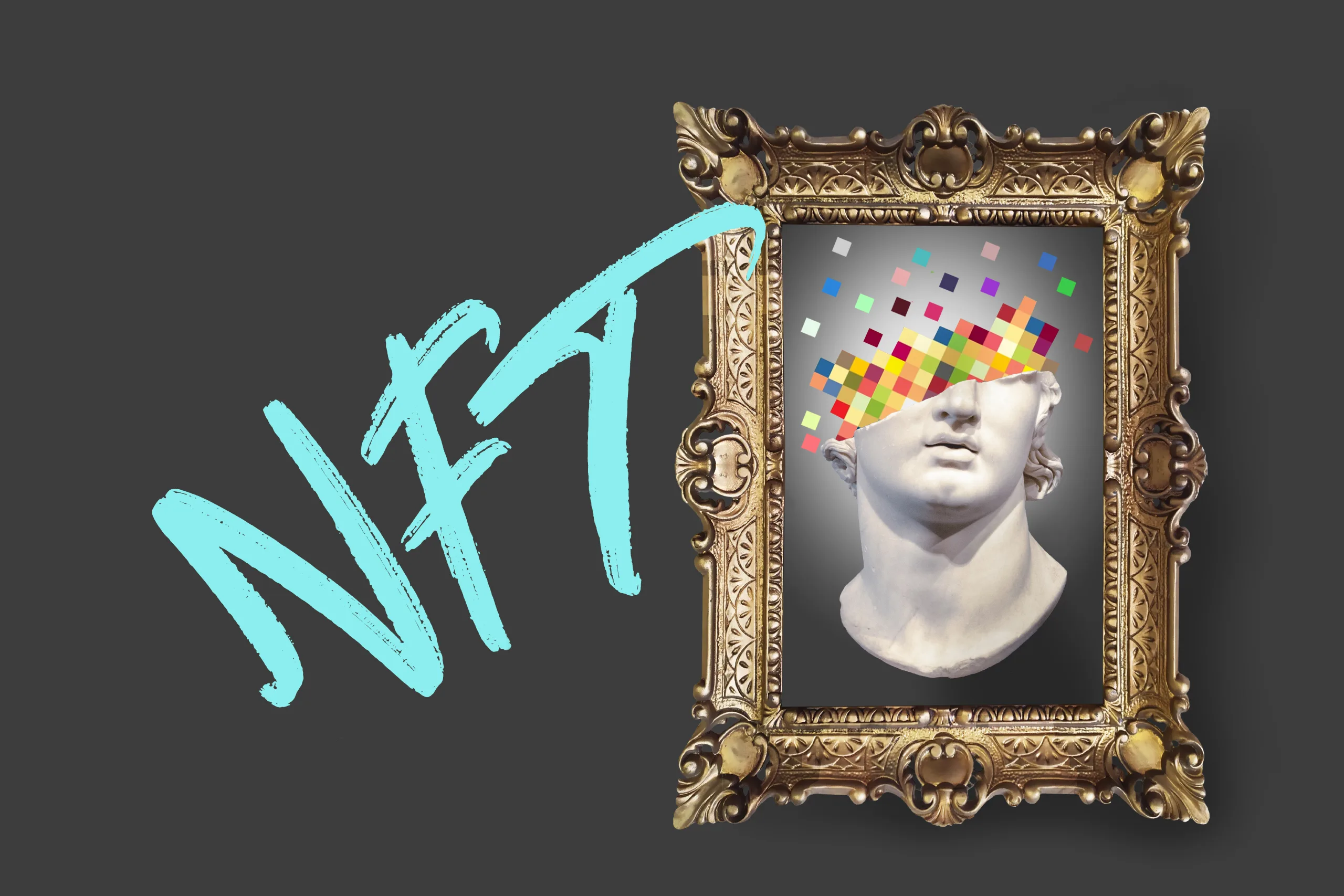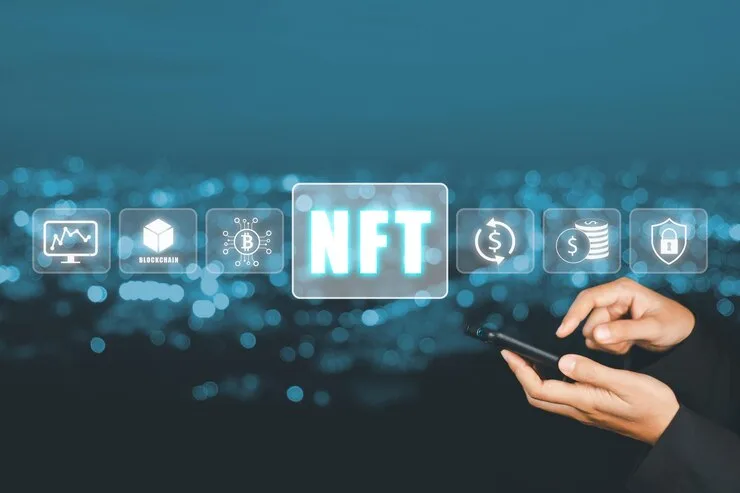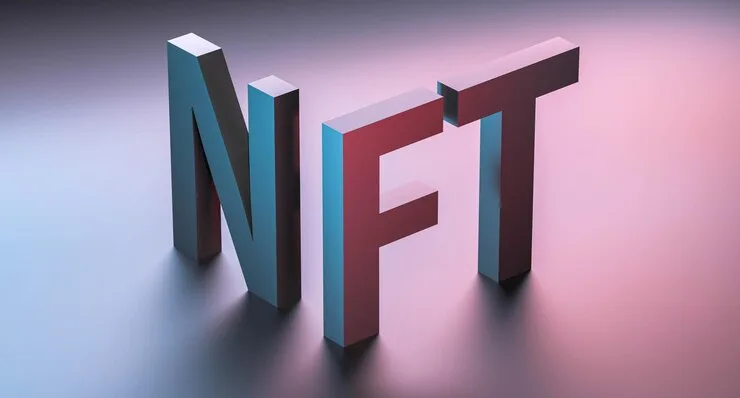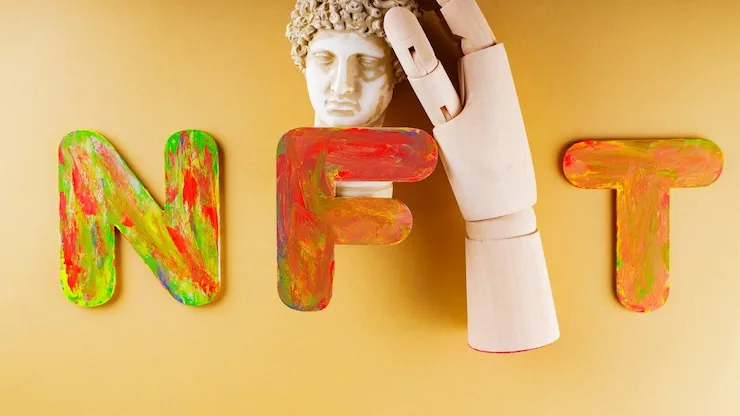The art world is evolving — and NFTs are at the center of the revolution. From million-dollar auctions to indie creators gaining global audiences, NFTs (Non-Fungible Tokens) have completely changed how digital art is made, sold, and owned.
But is this just hype, or are NFTs truly the future of digital art?
Let’s explore.
🧾 What Is NFT Art?
NFT art is digital artwork that is tokenized on the blockchain.
This token proves:
-
Ownership (who bought it)
-
Originality (the artist’s creation)
-
Scarcity (limited editions or 1-of-1s)
Unlike traditional digital files that can be copied endlessly, an NFT turns a piece of digital art into a unique, ownable asset.
🎨 Why Artists Are Turning to NFTs
1. Ownership & Provenance
Blockchain tech makes it easy to prove who owns an artwork, when it was created, and who sold it.
2. Royalties
Artists can automatically earn a percentage every time their NFT is resold — something unheard of in traditional art markets.
3. Global Reach
NFTs live on the internet. Artists can sell to collectors across the world without galleries or middlemen.
4. Creative Freedom
Digital artists aren’t bound by canvas size or studio space. GIFs, animations, 3D models, and interactive pieces are all possible.
📈 Success Stories
-
Beeple sold his NFT artwork “Everydays: The First 5000 Days” for $69 million at Christie’s.
-
Pak, XCOPY, and FEWOCiOUS have each made millions selling experimental NFT art.
-
Thousands of indie creators have made a living by selling their works on platforms like OpenSea and Foundation.
🤖 How NFTs Are Changing the Game
✨ New Forms of Art
Artists now experiment with:
-
Generative art
-
Augmented reality (AR) visuals
-
Audio-reactive visuals
-
Interactive pieces tied to games or experiences
🧩 Utility in Art
Some NFTs offer more than just visuals:
-
Unlock exclusive content
-
Provide access to communities or events
-
Act as tickets or membership passes
NFT art can now blend creativity and function.
🧠 Criticisms and Challenges
❌ Environmental Concerns
NFTs (especially on Ethereum before its 2022 upgrade) used large amounts of energy. This is improving with eco-friendly blockchains like Tezos, Polygon, and Ethereum 2.0.
❌ Market Volatility
Many NFT prices rise fast — and fall faster. This creates risk for both buyers and creators.
❌ Scams and Copycats
Art theft and fake listings are common. Artists often find their work minted and sold without permission.
🔮 Are NFTs the Future of Digital Art?
NFTs aren’t just a trend — they’re a new tool in the artist’s toolbox.
They offer:
-
Ownership in a digital world
-
Decentralized income streams
-
New ways to connect with audiences
-
Innovative formats and interactivity
Will every artist use NFTs? No.
Will all NFTs retain value? Definitely not.
But as the internet becomes more immersive and tokenized, NFTs are likely to play a key role in the evolution of art.
Frequently Asked Questions
✅ Final Thoughts
NFTs have already changed digital art — and they’re likely here to stay.
They empower creators. They engage collectors. They open new doors for expression and ownership in the digital age.
Are they the future of digital art?
Not the only future — but definitely a major part of it.




Discussion (0)